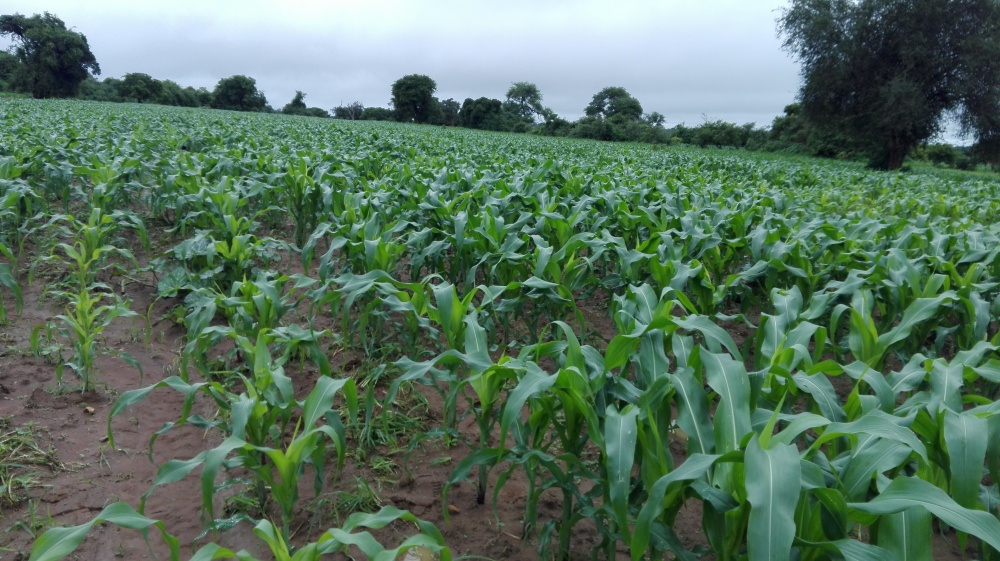 By Friday Phiri
By Friday Phiri
The International Food Policy Research Institute (IFPRI) has announced the launch of the Ag-Incentives Consortium website, a user-friendly online database that aggregates agricultural policy data into an interactive tool for guiding more informed policy.
The Ag-Incentives Consortium brings together data from the Organization for Economic Co-operation and Development, the Food and Agriculture Organization of the United Nations, the Inter-American Development Bank, and the World Bank.
“Historically, global information and data on incentives for agricultural production have been widely scattered and not comparable,” says David Laborde, senior research fellow at IFPRI. “Ag-Incentives harmonizes fact-based analysis from several international organizations to provide policy makers a better understanding of the effects of their domestic policies on prices.”
The interagency collaboration of the Consortium reduces duplication of efforts in research, and creates a forum for participatory discussion.
By pulling together comparable data, the Ag-Incentives website highlights how agricultural policies can create price distortions that reduce the welfare of farmers and consumers, especially those that are poor.
Policies that affect incentives for agricultural production, such as those that raise prices on domestic markets, can artificially distort the global market, which then undermine market opportunities for small farmers in the world. Ag-Incentives allows users to compare indicators, such as nominal rates of protection, across countries and years.
“When countries change their trade policies to protect themselves against price falls, small farmers – particularly those in developing countries – tend to lose profits,” notes Will Martin, senior research fellow at IFPRI. “This platform gives governments access to the most recent information available, so they can make informed decisions on food policy that avoid creating global price instability.”
Support for the consortium is provided by the CGIAR Research Program on Policies, Institutions.
The International Food Policy Research Institute (IFPRI) seeks sustainable solutions for ending hunger and poverty. IFPRI was established in 1975 to identify and analyze alternative national and international strategies and policies for meeting the food needs of the developing world, with particular emphasis on low-income countries and on the poorer groups in those countries. www.ifpri.org.